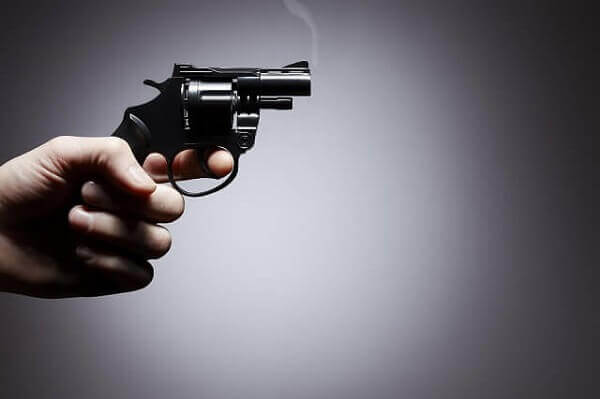
Washington Attorneys Serving Families of Victims of Fatalities Caused by Guns
Over the past few years, there has been an increase in public shootings – especially on school grounds. If you have kept up with the development of these stories, you may have noticed that several families have filed lawsuits against gun manufacturers for the deaths of their children. But, can a gun manufacturer actually be held liable for a wrongful death case when they did not fire the guns themselves?
In the case of the 2012 Sandy Hook Elementary shooting, a judge has ruled that the maker of the gun used in the event could be sued for liability – which has opened up the door to multiple questions and concerns about if gun manufacturers are truly liable or immune from such cases. In the Sandy Hook case, however, a military-style weapon was used and that weapon should not have been sold to civilians, which allowed plaintiffs to file a suit against the manufacturer for their negligence.
Shield Laws – Are Gun Manufacturers Protected from Lawsuits?
There is confusion about whether or not gun makers have zero liability for their products. In fact, the recent presidential campaign has highlighted how grossly misunderstood the liability issues are regarding manufactured weapons. What most people are misunderstanding is the 2005 Protection of Lawful Commerce in Arms Act (PLCAA). This law was passed in response to a slurry of lawsuits that were filed against the gun manufacturing industry in the 90s as well as early 2000s. The lawsuits claimed that the manufacturers as well as their retailers were negligently marketing their products and creating a “public nuisance.”
The law, however, does not offer 100 percent protection to gun manufacturers, distributors or retailers. They can still be held liable for what occurs using their products, but defining the line between manufacturer liability and consumer liability is more complex. For example, if a person uses a gun for what it is intended to do, and it works, the manufacturer is not necessarily to blame. If, however, that same gun were to explode and injure the person using the gun, then the manufacturer would be liable for the injuries and damages. Also, if the distributor or retailers knew you were intending to commit a crime with the gun and sold it to you anyway, they could be liable.
In the case of the 2012 Sandy Hook Elementary shooting, the gun did work as it was intended. But, the manufacturer chose to distribute a military-style gun to the public and semi-automatic rifles are not necessarily safe nor should they be sold to civilians.
Wrongful Death Law Are Complex – Speak with an Attorney First
If you have lost a loved one from Seattle or any other areas of Washington due to a malfunctioning gun or a dangerous weapon that should not be on the streets, you may have a claim against the manufacturer or company that sold the gun. Because the shield laws are complex and the case’s distinct characteristics will matter, it is important that you speak with a wrongful death attorney in the state of Washington first. Contact the team at Brett McCandlis Brown & Conner, PLLC for a free consultation now at 800-925-1875 or fill out an online contact form with your questions.


